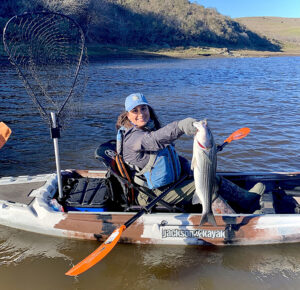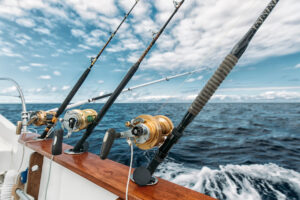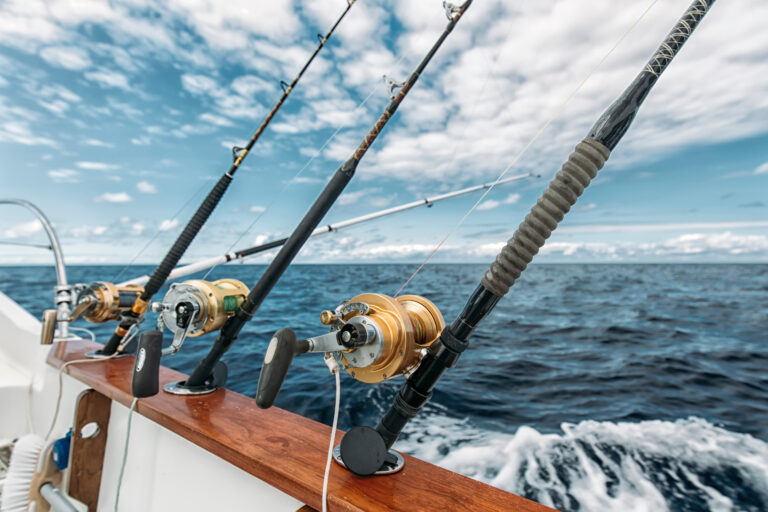 MICHAEL IRELAND - STOCK.ADOBE.COM PHOTO
MICHAEL IRELAND - STOCK.ADOBE.COM PHOTOLeading U.S. fishing and marine conservation organizations released a white paper on the National Oceanic and Atmospheric Administration’s findings that its Fishing Effort Survey could be overestimating recreational catch data by 30% to 40%.
The Marine Recreational Information Program, which implements the survey, is a NOAA program that provides estimates of recreational fishing catches and trips that occur from Maine to Mississippi and in Hawaii. The data are used to assess and manage state and federal fisheries in the Atlantic, Pacific and Gulf of Mexico.
In a statement, recreational fishing advocacy groups said this is the third time in 13 years that serious inaccuracies have been uncovered in NOAA’s recreational fishery data program.
Some states have developed programs to more accurately estimate recreational catch and effort data. NOAA said it is working with states to identify the best steps forward, including transitioning some or all recreational data collection to the states and how to best provide support and funding to improve data collection.
“NOAA has had multiple chances to fix management of recreational fisheries, and it has failed every time. A ready alternative exists in states that have already taken steps to develop better recreational data than the Feds have ever had,” Jeff Angers, president of the Center for Sportfishing Policy, said in the statement. “It’s time for all parties to work together to properly fund state efforts to manage recreational fisheries.”
Mike Leonard, vice president of government affairs for the American Sportfishing Association, added: “The recreational fishing community’s confidence in federal fisheries data couldn’t be lower. Achieving fisheries management that balances conservation and access, and that anglers can trust, requires fundamental change in how these data are collected.”










